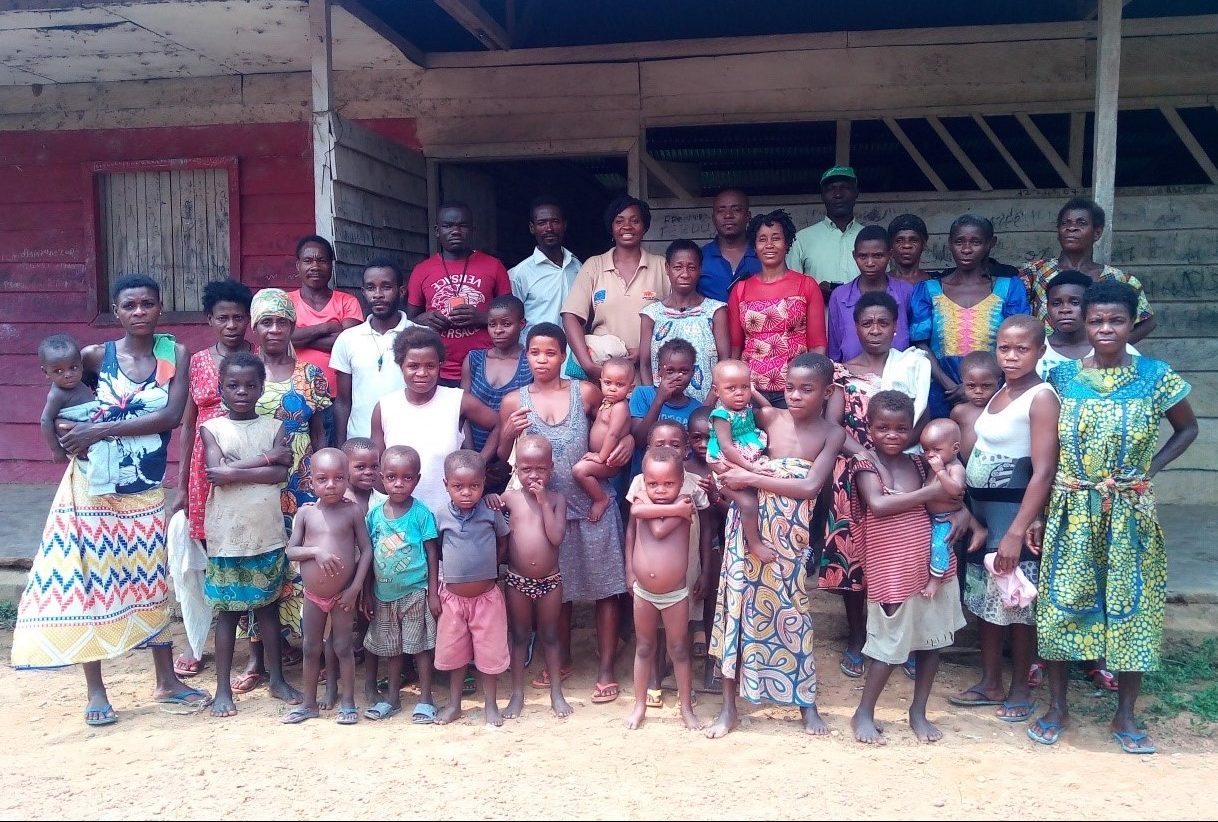
FEDEC’s Support For Campo Ma’an National Park & Bagyeli Communities
The Foundation for Environment and Development in Cameroon (FEDEC) is a trust fund under Dutch law set up in 2001, as part of the Chad-Cameroon pipeline project. Its mission is to provide long-term financial support to biodiversity conservation and sustainable development activities of local communities in Cameroon. Its environmental component aims to ensure the protection of biodiversity with a view to maintaining the ecological, economic, educational and social functions of protected areas. The landscape covered by FEDEC includes the National Parks of Campo Ma’an, Mbam and Djerem, Deng-Deng and the Mbéré Valley. It corresponds to an area of 810,000 hectares or about one-fifth of the total area of Protected Areas of Cameroon.
In 2020, FEDEC has provided a grant of 53,000 Euros to finance the project called the creation of hevea-based agroforestry enriched with plantain and local economic trees on old fallow trees in the indigenous villages of Nyamabande and Kongo located on the outskirts of Campo Ma’an National Park. The project has an estimated Aboriginal population of 115 individuals. This population is vulnerable because of its poverty, low schooling, low capacity to integrate into socio-economic activities and low access to health care. Vulnerability also relates to low access to land, which is a guarantee of maintaining the traditional activities of this community. It is in this context that a co-management agreement has been signed between the Bagyeli community and the Ministry responsible for wildlife on strengthening the involvement of indigenous communities in the management of part of the Campo Ma’an National Park. This grant is in line with the commitments of the Ministry of Forests and Wildlife (MINFOF) to support the self-promotion activities of Bagyeli indigenous communities.
The main objective of the project is to improve the living conditions of the Bagyeli indigenous people of Nyamabande and Kongo and to strengthen their involvement in the management of the park. The following are the specific objectives of the project: to support the structuring of indigenous groups; to ensure the establishment of agroforestry plantations based on rubber and non-wood forest products; to support the indigenous groups in the marketing of products; and to increase their involvement in the conservation of Campo Ma’an National Park. The project will contribute to strengthening relations between the Bagyeli indigenous communities and the Conservation Service of Campo Ma’an National Park. It will also improve the consideration and territory given to Bagyeli by their Bantu neighbours through the establishment of development levers like forest plantations.
The implementation of the project will be carried out by an international conservation organization called African Wildlife Funds (AWF) which is an implementing agency of FEDEC.

